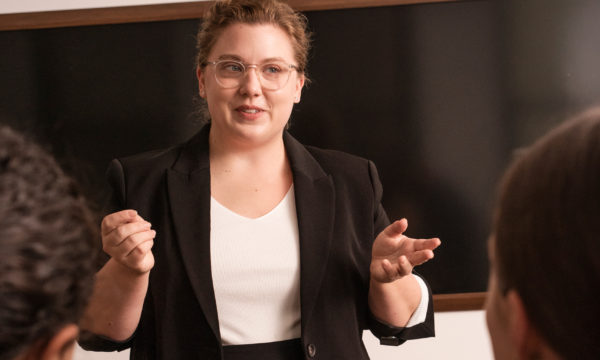On Perfectionism: Why You Shouldn’t Fear Failure
September 09, 2013

In a culture that’s obsessed with success, it’s easy to forget that failure is normal, essential, and even beneficial. For my whole life, my mother has been subtly but regularly reminding me: “The perfect is the enemy of the good.” I used to defiantly tune her out, but as I’ve gotten older and (dare I say it?) humbler, I’ve taken the adage to heart.
I don’t necessarily seem like a perfectionist. I’m not Type-A. I’m not visibly uptight. I’m not especially “detail-oriented” (whatever that means). Mine is the kind of perfectionism that makes it hard for me to begin projects because I worry about the outcome before I even start. I often arbitrarily weigh the odds of whether something will “work” before I even bother trying.
In school, if I didn’t have the perfect thesis statement for a paper, I could barely bring myself to write it. Every time I turned an assignment in, I was convinced it was the worst thing I’d ever done. When it came back—almost always marked with an “A”—I felt momentary relief, like I’d gotten away with something, followed by a fresh sense of dread. Now that the bar had been set, I would have to maintain it. There was nowhere to go but down. In retrospect, it seems like a headcase-y way to react to a good grade, but that’s how I operated. The more successful I was, the more I feared failure.

Now that I’m well entrenched in the working world, I don’t always have time to wait for inspiration to strike, or for the perfect working conditions to present themselves. Sometimes, I need to just start something, no matter how paralyzed I feel. For a perfectionist, starting can be the hardest part because it means opening yourself up to the possibility of failure—but it also means opening yourself up to discovery. In her article, “Why You Should Give Yourself Permission To Screw Up,” Columbia professor Heidi Grant Halvorson emphasizes that worrying about failure actually interrupts our cognitive processes and interferes with memory. She notes:
When we focus too much on doing things perfectly (i.e., being good), we don’t engage in the kind of exploratory thinking and behavior that creates new knowledge and innovation.
I try to remind myself of this every time I start a new project and find that I’m plagued with the same old concern: “What if I screw this up?” I’ve now learned to silence this thinking with a mental retort: “Who cares?” Failure need not be a dirty word. After all, there have been tomes written on its virtues—it’s how we learn, how we grow, how we discover, how we progress. In his song “Anthem,” Leonard Cohen says it more poetically than I ever could:
Ring the bells that still can ring
Forget your perfect offering
There is a crack, a crack in everything
That’s how the light gets in.








